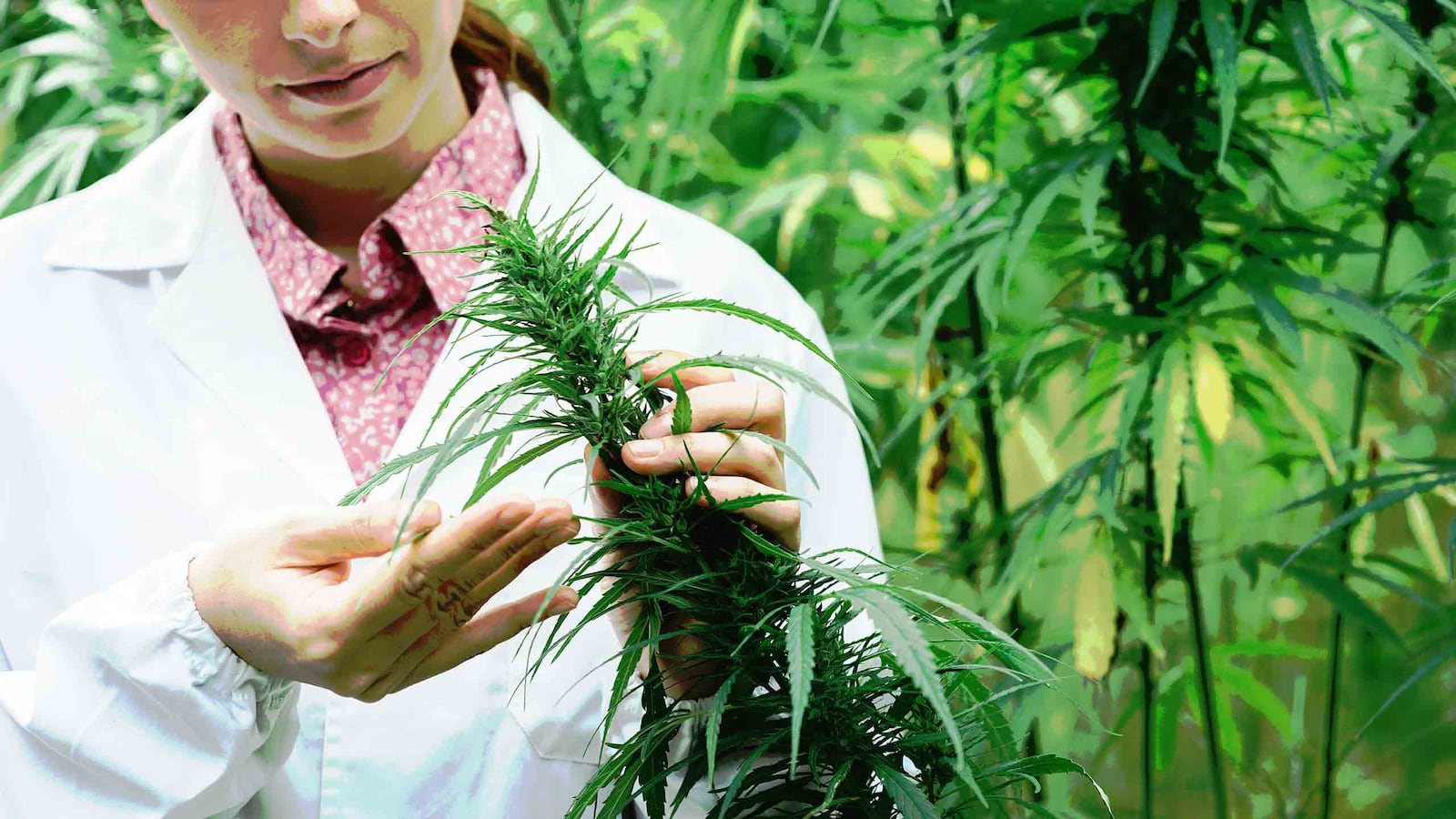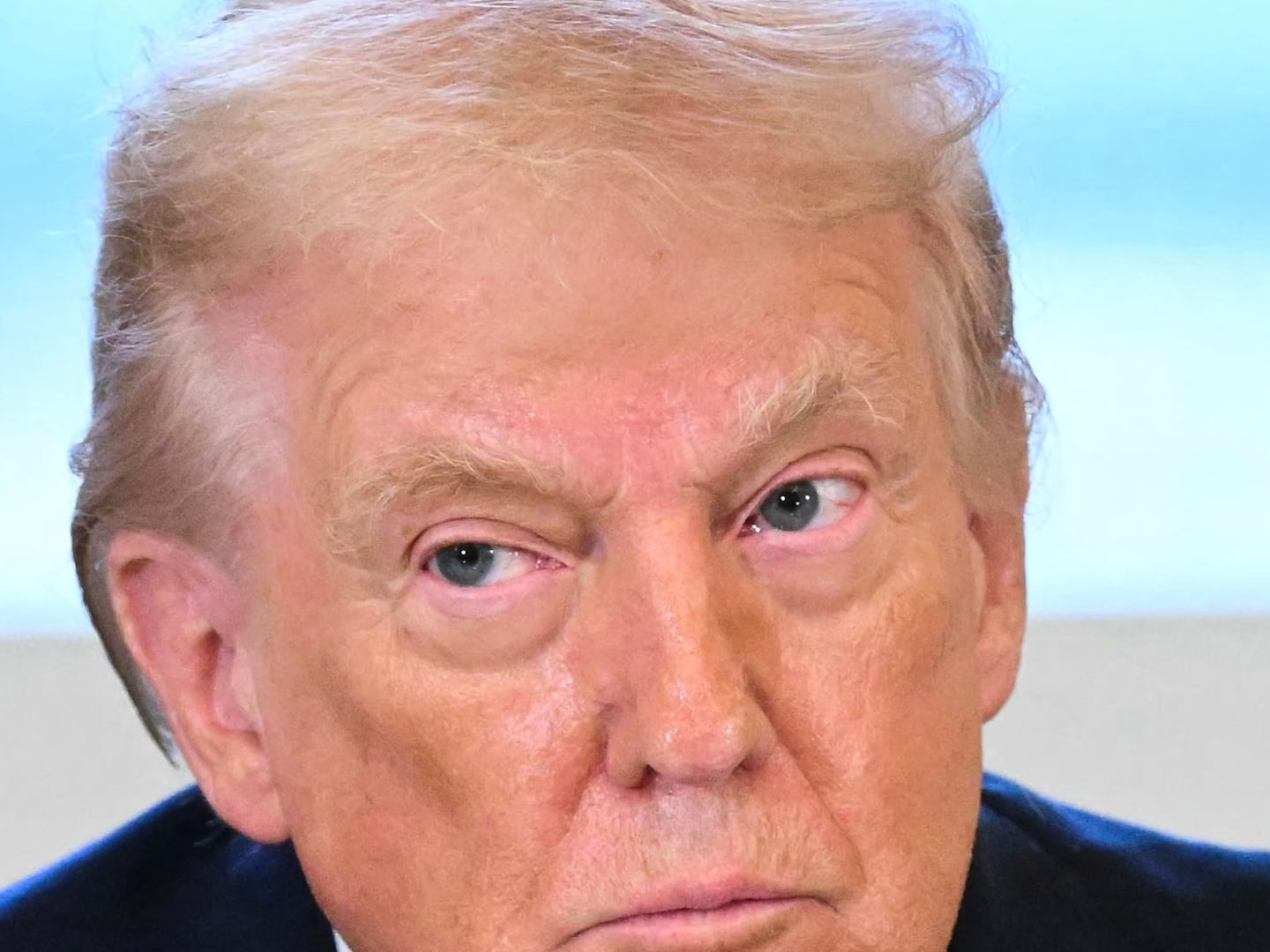Does marijuana have medical uses? Which chemicals in marijuana have positive medicinal effects? Which have negative effects? Does using marijuana have negative effects on teenagers’ brains? Is it addictive?
These and many other questions are still open to scientific clarification, and for decades it’s been the federal government’s fault we don’t know the answers.
Now, Attorney General Jeff Sessions wants to continue to hinder what limited scientific research can be conducted in America into marijuana’s effects. According to The Washington Post, quoting one senior Drug Enforcement Agency official, Sessions’ Department of Justice “has effectively shut down” an Obama administration initiative to expand the number of suppliers of marijuana for scientific research.
“The standoff is the latest example of the nation’s premier narcotics enforcement agency finding itself in disagreement with the new administration,” the Post reports, noting that “The DEA is no shrinking violet when it comes to marijuana enforcement.”
It might surprise you to learn that, as far as the federal government is concerned, cocaine is less dangerous than marijuana. Cocaine is a Schedule II drug under the Controlled Substances Act, meaning the government recognizes both a high potential for abuse and legitimate medical uses, while marijuana is Schedule I, meaning it has no recognized legitimate medical uses—just a potential for abuse.
For decades marijuana’s Schedule I status has made it incredibly difficult to study. But it’s even more difficult to study marijuana than other Schedule I drugs like LSD, heroin, and bath salts. Would-be marijuana researchers looking to do clinical studies first need a license from the DEA, then approval from the FDA, and finally access to the single authorized source of legal cannabis, which is heavily controlled by the National Institute on Drug Abuse (NIDA). Whereas there are many sources for drugs like MDMA—in many cases, multiple labs have been contracted to synthesize it—marijuana researchers must be granted access to a supply that is consistently inadequate in both quantity and quality. On top of that, if NIDA doesn’t like the study, they may just deny it anyway.
Late in the Obama administration, the DEA took a small but important step toward relaxing the constraints on the production of marijuana for scientific research by allowing other groups to apply for authorization to grow the plant for research. Unsurprisingly, Jeff Sessions’ Department of Justice is now stopping that process, according to the Post report, leaving scientific study of marijuana mired in antiquated rules that are more than 50 years out of date.
For nearly a century, marijuana—unlike other, more dangerous drugs—has activated peculiar revulsions in our most prohibitionist lawmakers and federal officials. To Harry J. Anslinger, commissioner of the Federal Bureau of Narcotics from 1930 to 1962, young people were “slaves” to marijuana, “continuing addiction until they deteriorate mentally, become insane, [and] turn to violent crime and murder.”
When Anslinger found out that professor Alfred Lindesmith of Indiana University began studying scientifically marijuana and challenging Anslinger’s hyperbolic claims, Anslinger had Lindesmith harassed by his agents and wiretapped. In 1944, a commission created by NYC Mayor Fiorella LaGuardia published a study challenging the idea that marijuana caused crime and violent behavior. Anslinger attacked LaGuardia and the report’s authors viciously, saying he would throw them in jail if they ever studied marijuana again without his permission. And, although the American Medical Association initially endorsed the study’s scientific validity, the organization oddly changed course after Anslinger wrote them a letter. The LaGuardia study was now “unscientific,” according to the AMA, and scientists should “continue to regard marihuana as a menace wherever it is purveyed.”
By the late 1960s, marijuana research was still in a sorry state. The Controlled Substances Act of 1970 placed marijuana in Schedule I, but, understanding that many questions about the drug were still unanswered, it also provided for a special commission to study the drug. The Shafer Commission, as it became known, recommended decriminalizing personal marijuana use and “increased support of studies which evaluate the efficacy of marihuana to the treatment of physical impairments and disease.” President Nixon—who believed communists and left wingers were pushing “homosexuality, dope, immorality in general” in order to destroy America—of course didn’t care. “I am against legalizing marijuana,” he said. “Even if the Commission does recommend that it be legalized, I will not follow that recommendation.” He didn’t.
And history has kept repeating itself. In 1988, in response to a petition for rescheduling filed by NORML in 1972, Judge Francis Young, the DEA’s own administrative law judge, ruled that “by any measure of rational analysis marijuana can be safely used within a supervised routine of medical care.” Then-DEA Administrator John Lawn also didn’t care. He simply overruled Judge Young.
Enter Attorney General Jeff Sessions, who has slid neatly into the role formerly played by Anslinger, Nixon, and Lawn. It’s a part in a tragicomic farce with Groundhog Day elements. Committed drug warriors ignore and block legitimate scientific research and then cite the fact that science hasn’t proven the drug “safe” as a reason to continue Schedule I prohibition. Rinse and repeat.
Until Sessions and others of his ilk stop living in the past, we will continue to be inexcusably ignorant of marijuana’s harms and benefits.
Trevor Burrus is a research fellow in the Cato Institute’s Center for Constitutional Studies and managing editor of the Cato Supreme Court Review.






